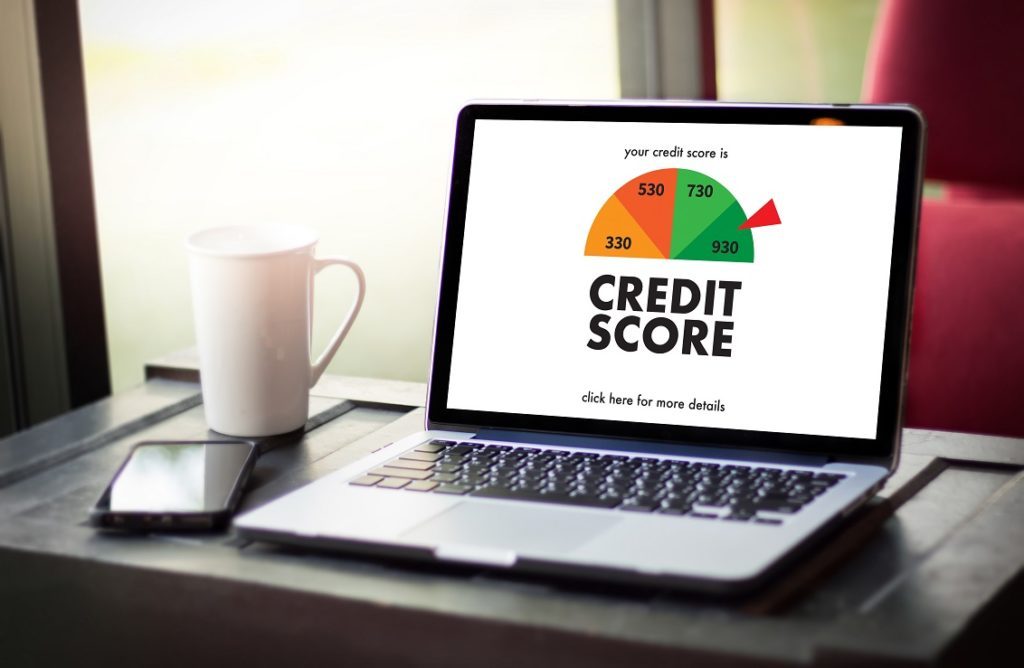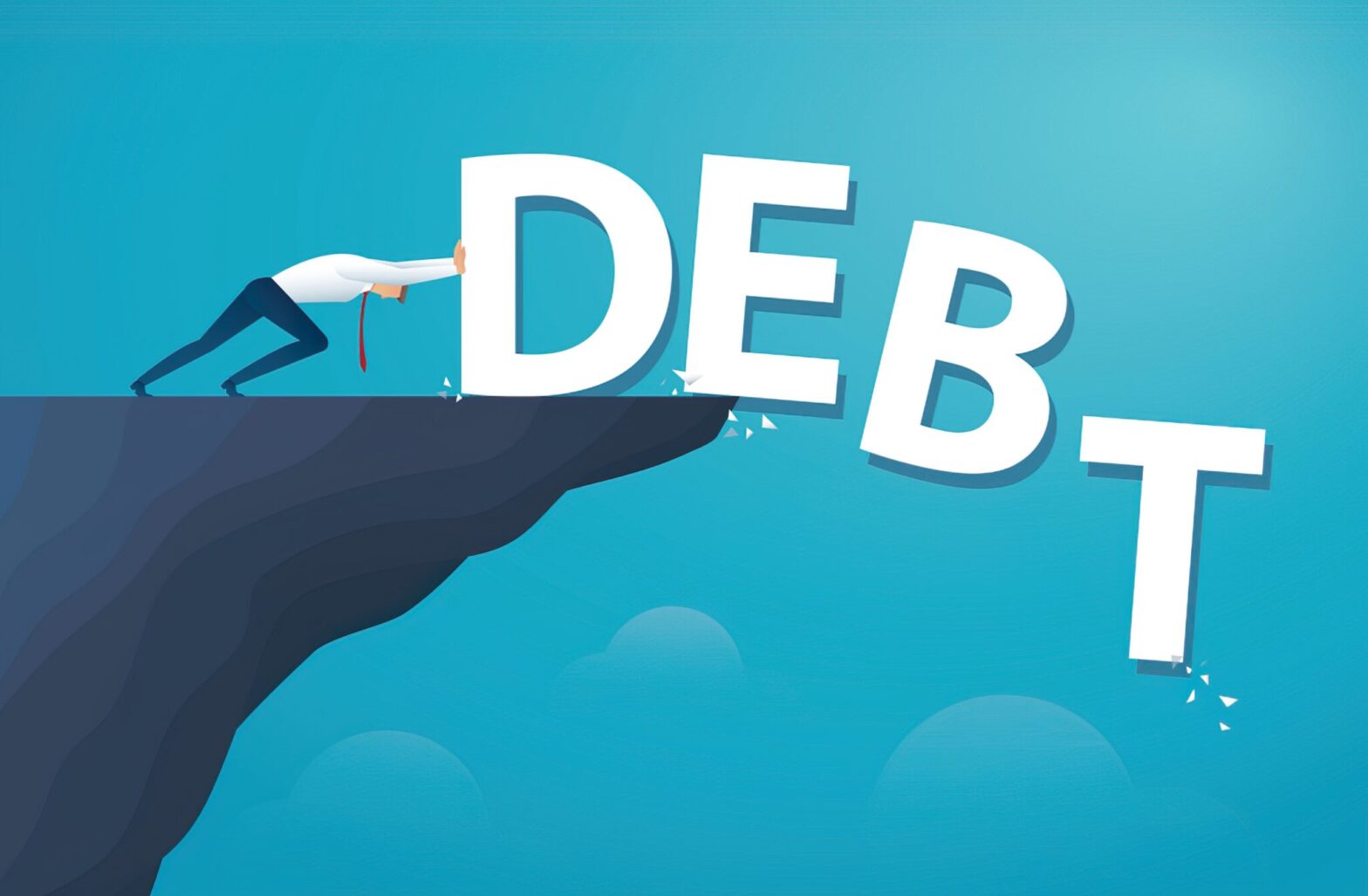Welcome to the topic How a Tax Debt Can Affect Your Credit Score.
It might be intimidating, not to add worrisome, to discover that you owe the IRS a hefty tax bill.
Should you need to make a payment to the federal government this tax season, you might be wondering if postponing or failing to pay your taxes will harm your credit.
Tax bills cannot influence your credit scores explicitly, however, if you pay your taxes with credit or do not pay them in full, your credit score may be impacted implicitly, and your ability to borrow money may be harmed in other ways.
Continue reading to learn how your unpaid taxes may affect your credit.
How Are Credit Scores Involved?
The data in credit reports collected by the national credit bureaus are used to calculate credit scores. These reports detail your borrowing and repayment history, as well as certain legal events such as bankruptcy filings and foreclosures.
Because your credit reports do not monitor tax bills or payments, your history of paying taxes on time or not paying them at all has no bearing on your credit score.
A federal tax lien can be placed on your property if you do not pay your income tax. The IRS can take whatever unpaid taxes you owe, along with penalties and interest, from the earnings of your home sale if you have a lien.
Although tax liens have not really turned up on credit reports since 2018, they can still hurt your credit: When assessing mortgage or other loan applications, lenders can look up tax liens using public records searches.
Some lenders may refuse your application if you have a tax lien.
Should you pay your taxes with a credit card or a personal loan, these payments will show up on your credit reports and affect your credit score.

Personal Loan Tax Payments
Paying your taxes with a personal loan rather than a credit card can save you money because personal loan interest rates are often lower than credit card interest rates.
Personal loans, with a predetermined number of fixed payments spread out over a two to five-year repayment period, are more consistent and easier to budget for than credit card bills, which have indeterminate payment amounts.
Using a personal loan to pay taxes necessitates some forethought. You’ll need to figure out your tax liability early enough to qualify for and obtain a loan before the deadline for filing your taxes.
You might be able to get a personal loan in a matter of days, but it’s a good idea to apply to many lenders to compare interest rates.
A personal loan, as well as your history of repaying it, will show on your credit reports as activity and thus have an effect on your credit score.
The hard inquiries connected with applying for a personal loan will lower your credit score slightly, but as long as you keep up with all of your debt payments, your score could improve within a few months.
If the personal loan provides diversity to your credit mix or the number of credit accounts you have, your credit score may improve slightly once it has recovered.
People with many credit accounts and loans of various types are rewarded by credit score systems as proof of solid credit management skills.
Credit Card Tax Payments
The IRS has given permission to a number of commercial third-party organizations to process credit card tax payments.
When you pay this manner, the amount of your transaction will be added to the balance of the credit card you use to make the payment, plus a fee of roughly 2%.
Paying using a credit card is simple, but bear in mind that unless you pay off the balance in full within one billing cycle, you’ll be charged interest at your credit card’s usual rate.
If you don’t pay off your balance immediately, charges might add up quickly. This might lead to excessive credit card debt, which can harm your credit score in the long run.
Adding to a credit card balance raises your credit utilization ratio, which is the outstanding balance of the card compared to the borrowing limit.
A credit score might be harmed if you use more than 30% of your available credit on a single card or across all of your credit card accounts.
Based on the scale of your tax bill and your credit card borrowing restrictions, you may wish to divide your payment across many cards to prevent pushing any single card’s use past 30%.
If your total usage exceeds 30% as a result of your tax payment, you won’t be able to avoid a credit score fall unless you pay down your balance as rapidly as feasible to enable your score to recoup.
IRS Installment Agreement Tax Payments
Should you not want to pay your taxes with credit cards or a loan, the IRS offers several payment options.
Based on the quantity you owe and how big you wish to make the monthly payments; the IRS provides a 120-day payment plan and longer-term plans for a variable number of months.
These plans have low-interest rates (3%), but long-term plans have hefty setup fees, while both long- and short-term plans charge you late penalties of 0.25 percent of your debt each month until you pay your tax due.
Payment agreements with the IRS aren’t really classified as loans. They don’t appear on your credit reports and have no bearing on your credit scores.
Conclusion
Avoiding a tax bill, you can’t manage isn’t an option if you can’t afford to pay it. In reality, denying that your tax obligation doesn’t exist would make your predicament so much worse as fines and charges keep rising.
Although paying your taxes has no direct impact on your credit scores, using credit to finance your tax payment can have an indirect impact, and failing to pay your taxes not only puts you in problems with the IRS but also puts your credit in jeopardy.
Even if overdue taxes don’t affect your credit, they can cause a lot of stress in your life. Your best approach is to confront your tax problems head-on, either on your own or with the assistance of a trustworthy tax specialist.
Have any questions regarding the topic How a Tax Debt Can Affect Your Credit Score? Feel Free to comment below.
Also Read: Too Busy for Your Taxes? Let Our Tax Experts Do It for You!




